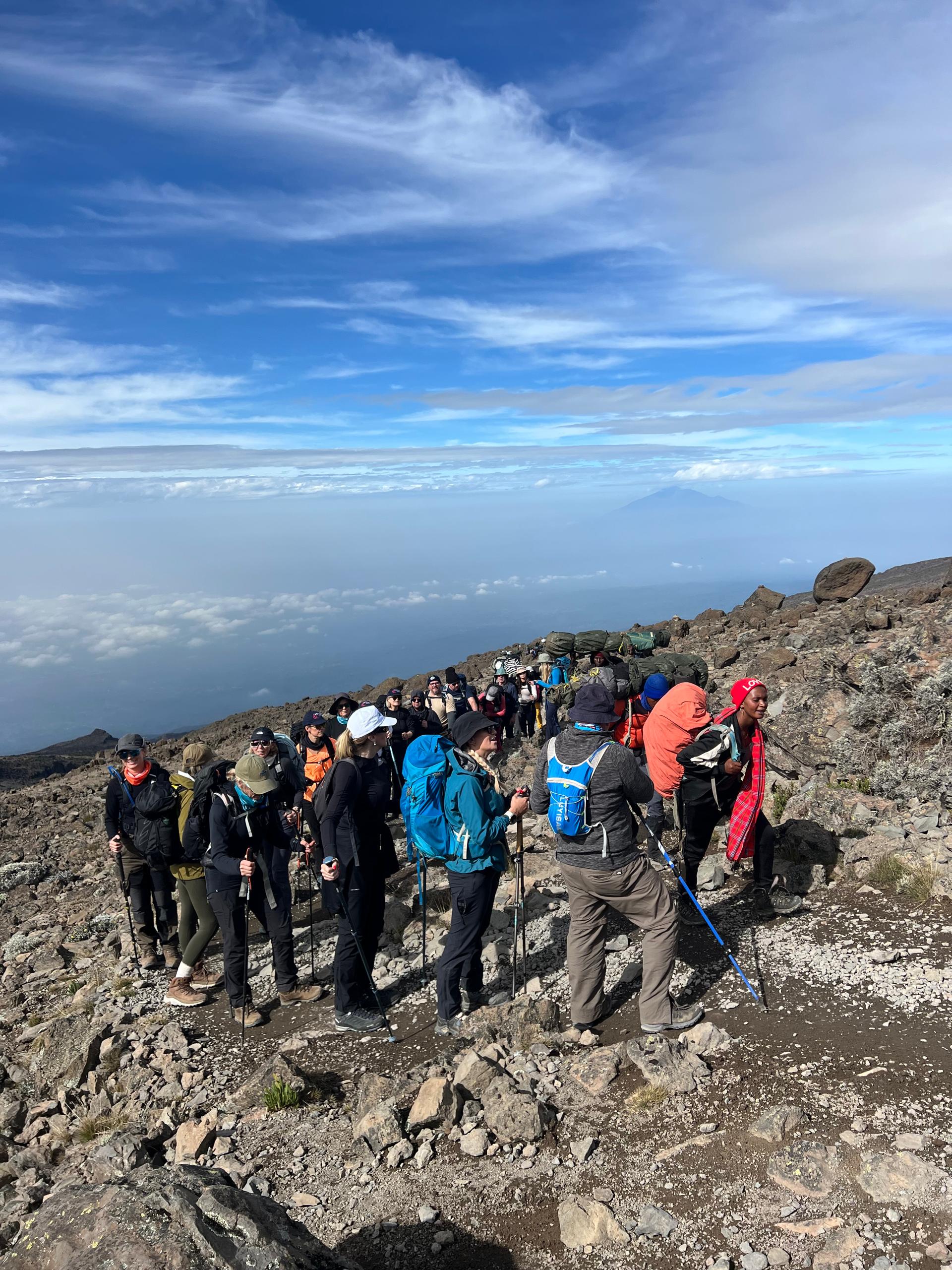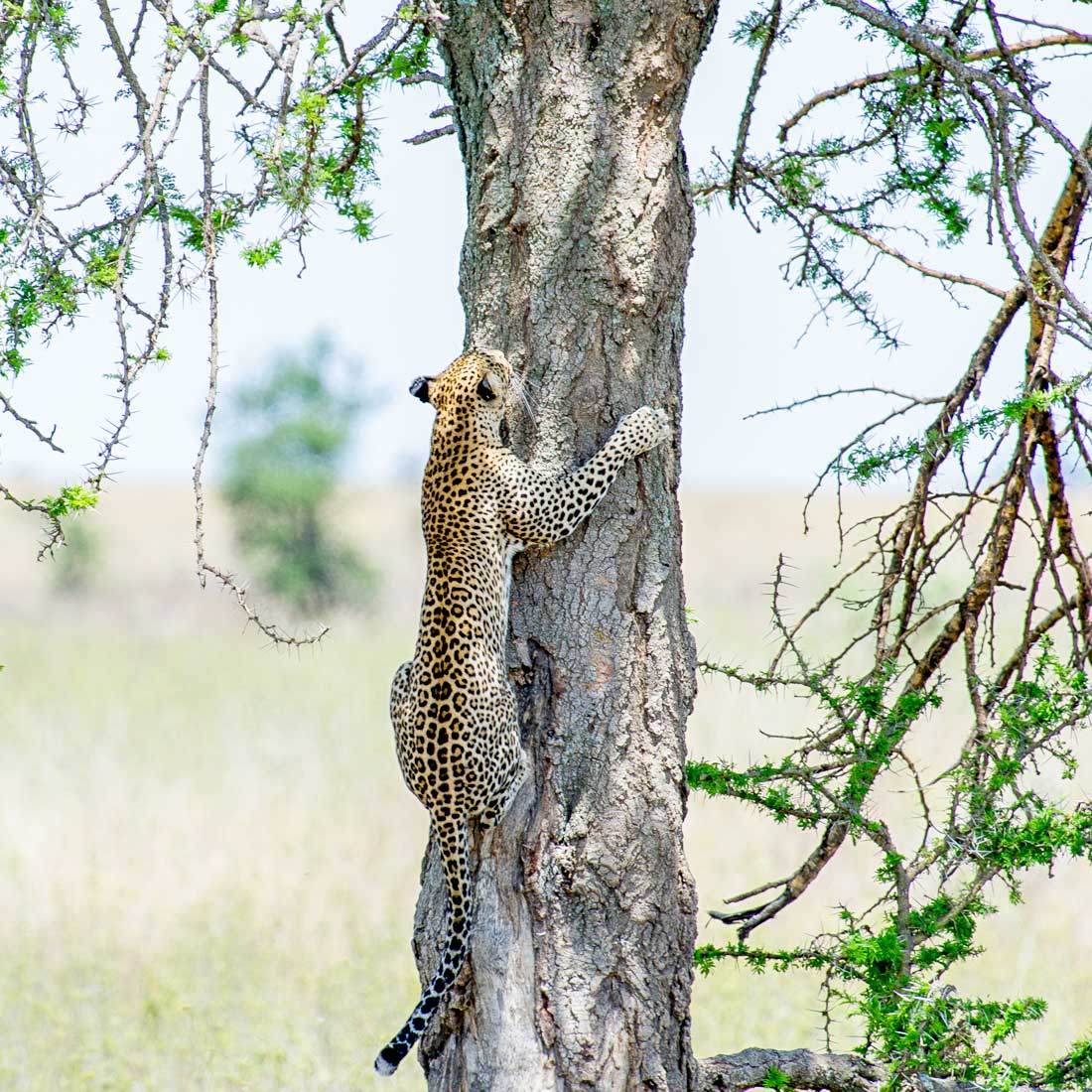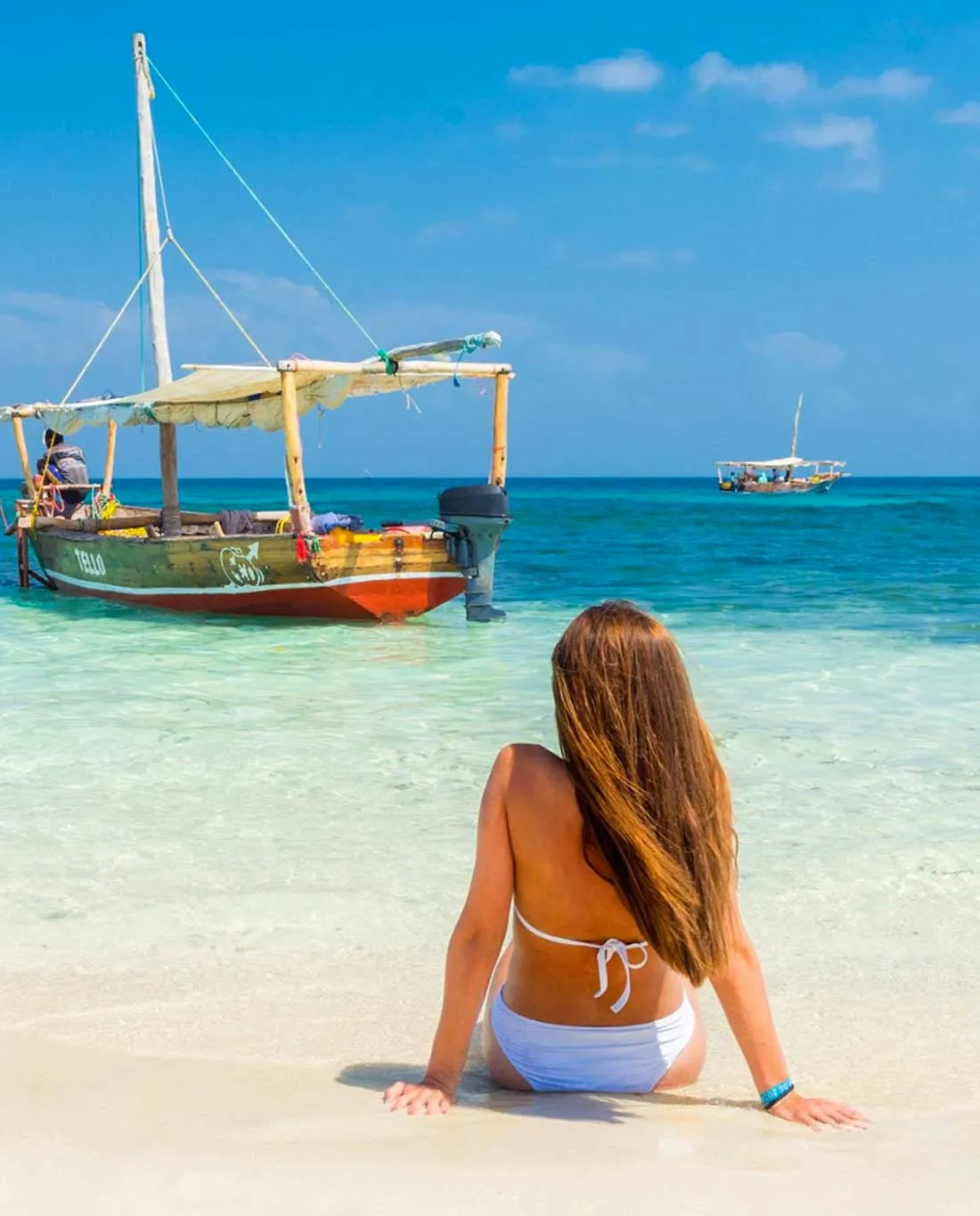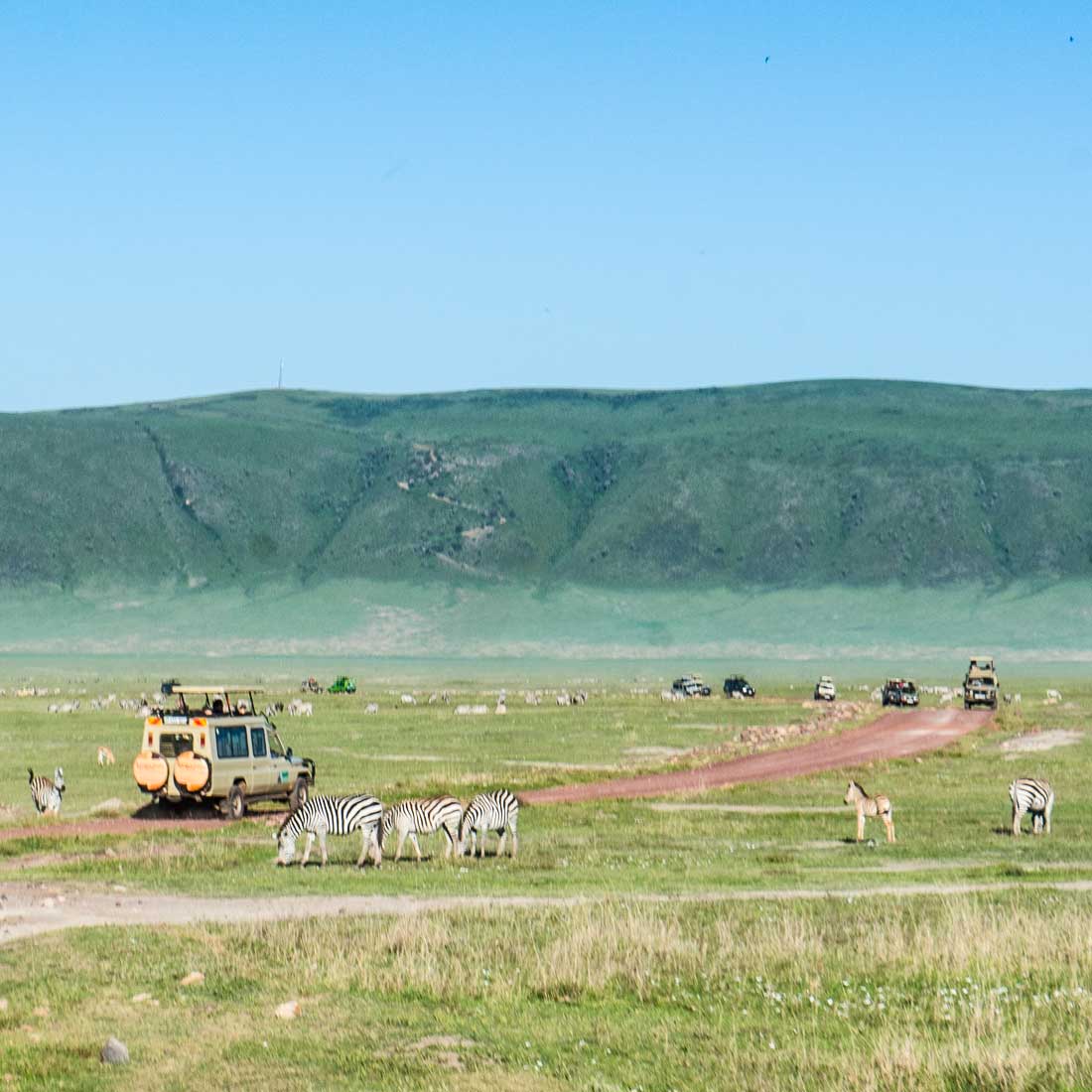- HOME
- THE COMPANY
- HIKING & TREKKING
- SAFARIS
- 3 Days Safari to 3 Best Tanzania NearBy Parks
- 4 Days Best of Tanzania Safari
- 5 Days The East African Big 5 Adventure & Safaris
- 6 Days Serengeti Migration & Ngorongoro Crater Safaris
- 7 Days Tanzania Wildlife Safari: Highlights Itinerary
- 9 Days Tanzania Safari: Serengeti Grand Tour
- 10 Days Fly In Luxury Tanzania SkySafari
- DAY TRIPS
- BEACH EXCURSIONS
- BLOG
- CONTACTS
- USA River; Arusha - Tanzania
- Open 24/7





